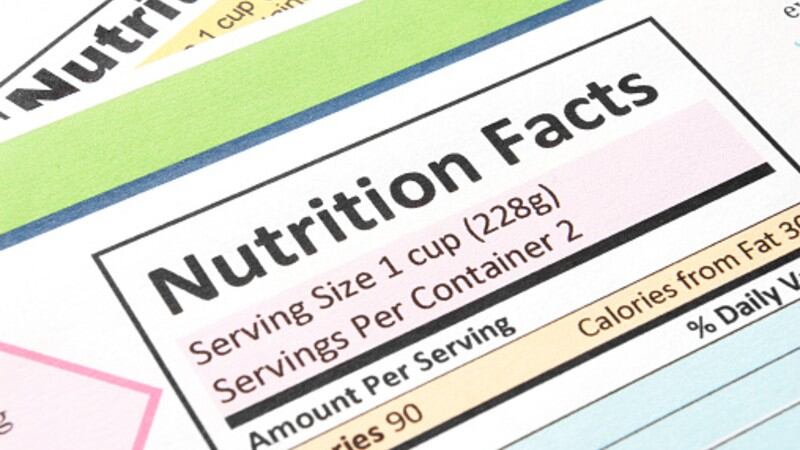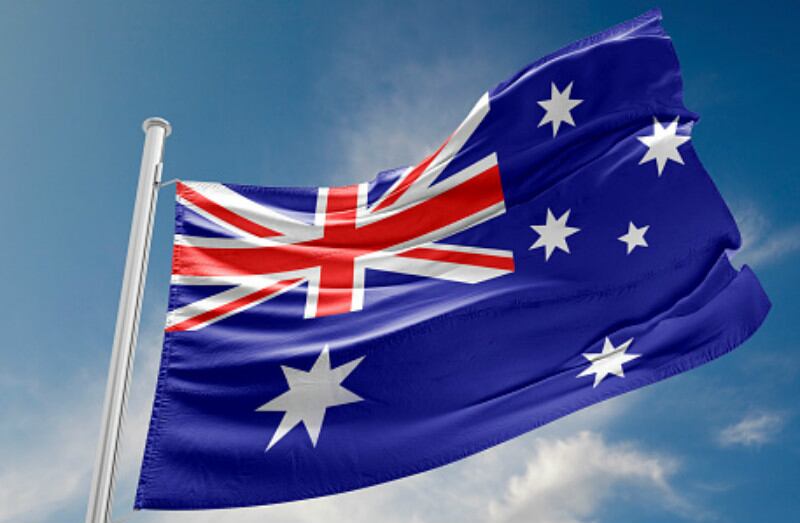The Japanese Ministry of Agriculture, Forestry and Fisheries (MAFF) has instructed various local authorities in charge of food labelling (Food Labelling Bureaus) that stricter enforcement will be put back in force as of November 23.
“MAFF along with the Consumer Affairs Agency (CAA) and the Ministry of Health, Labour and Welfare has been implementing the flexible operations and enforcement of food labelling standards since July this year [in an effort to] ensure the smooth supply of food to areas in Japan stricken by the heavy rains and disaster,” said MAFF in a formal statement.
“[In light of recent reports and updates], we have decided to end these flexible operations on November 23 2020 (second year of Reiwa) – [all food products] without proper labelling will now be subject to regular enforcement.”
These authorities first instated flexible operations over food labelling on July 3, telling food producers and the Food Labelling bureaus that because the smooth supply of food products to the disaster areas was an ‘important issue’, food products would ‘not necessarily have to display all of the mandatory labelling items as stated in the food labelling standards’.
“For the time being, it is not necessary to crackdown on [incomplete food labels, i.e. data such as nutrition panel, country of origin, etc.], but allergy warnings and expiration dates will still need to be attached to the products,” said MAFF.
“Crackdowns will continue as usual for these two items as it is important to prevent any further damage to health and prevent any illnesses amongst disaster victims caused by food consumption.
The ‘Heavy rain of July, Reiwa 2’ incident, as Japan Meteorological Agency have officially named the disaster, devastated the Japanese prefectures of Kagoshima and Kumamoto, with flooding and landslides leaving at least 77 dead and seven missing.
That said, Japan’s food labelling enforcement is not yet 100% back to normal – no announcement related to the loosening of labelling regulations pertaining to ingredients from foreign sources that was previously implemented due to COVID-19 has yet been made, likely as global ingredient supply chains have not yet returned to normal.
“Food-related businesses that had planned to make changes to their raw material supply chains may not be able to immediately respond [with packaging and labelling changes, which] could cause production to be delayed, and may in turn hinder the smooth production and distribution of food,” said CAA, which made the formal announcement.
“As such, when it comes to the labelling of food ingredients/raw materials and so on, any discrepancies between the [label and the actual ingredients used] must be published online via announcements or websites in a timely and appropriate manner, but no crackdowns will carried out for now.”
National vegetable supply and prices on track
MAFF also released positive predictions for its national vegetable supply and the related prices, one of the sectors that was expected to be hit the hardest by the rains and floods.
“[Recently], the price fluctuations of vegetables have been large due to erratic weather, so in order to provide accurate information on the growth and price outlook of vegetables in Japan, we have [done surveys and analysis on this],” said the ministry.
“Of the 14 vegetables we have analysed (Daikon radish, carrot, Chinese cabbage, cabbage, spinach, green onions, lettuce, tomato, eggplant, green pepper, cucumber, potato, taro, onion), the price outlook for most of these is actually expected to be at the same level as normal (an average of the last five years’ prices) for November 2020.
“The only item expected to trend a little higher would be carrots, but only in the first half of November – by the second half it will return to normal levels. In fact, some vegetables such as Chinese cabbage are expected to trend at lower prices than normal due to good production in Ibaraki and Nagano.”





